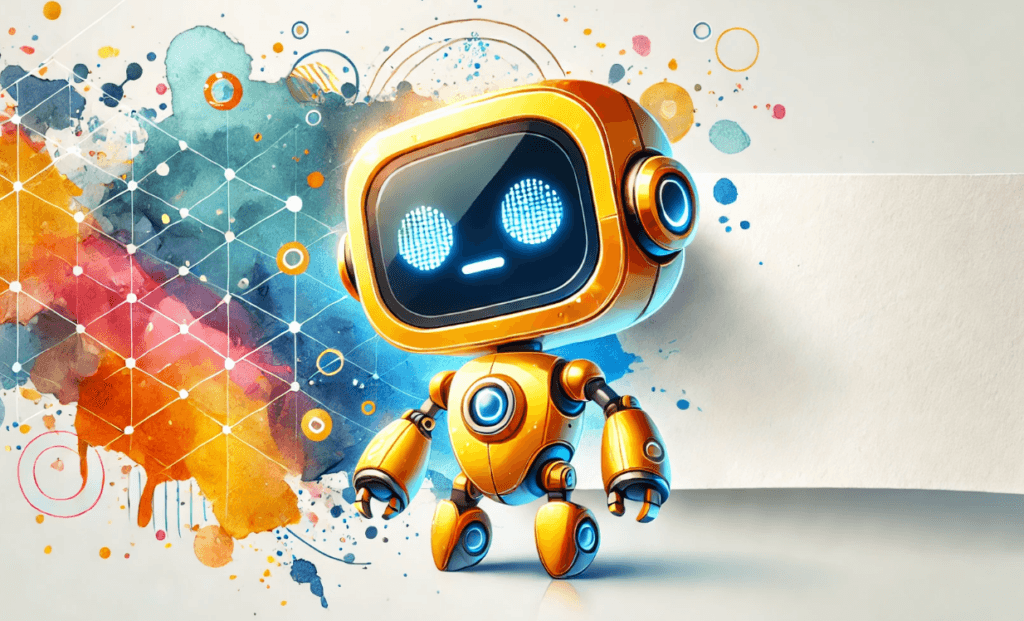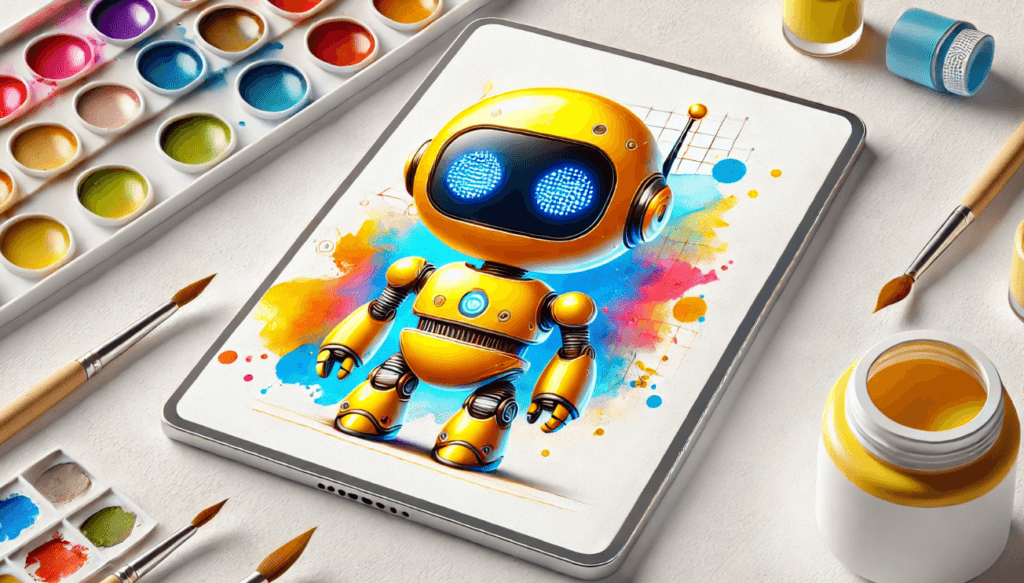Artificial Intelligence (AI) and automation have evolved from futuristic concepts into powerful tools shaping industries today. From self-driving cars and AI-powered assistants to predictive analytics and smart robotics, AI is revolutionizing the way businesses operate.
Technology giants like Nvidia, OpenAI, and Google’s Gemini AI are leading this transformation, pushing the boundaries of machine learning and automation. But as AI enhances productivity, it also raises concerns about job displacement, ethics, and privacy.
Is AI a revolution for progress, or is it reshaping industries at the cost of human jobs?
The Role of AI in Driving Automation
Nvidia’s AI-Powered Chips: The Backbone of AI Evolution
AI development requires high-performance computing power, and Nvidia is at the forefront with advanced GPUs like A100 and H100. These chips power machine learning models, cloud-based AI, and real-time automation used in industries such as finance, healthcare, and robotics.

With AI adoption growing, Nvidia’s AI-driven hardware is shaping the next generation of automation technologies.
The AI Race: OpenAI, Google Gemini, and DeepSeek
AI’s rapid progress is driven by fierce competition among leading tech companies:
- OpenAI has revolutionized conversational AI with ChatGPT and image generation with DALL·E.
- Google Gemini is integrating AI into search engines and productivity tools, redefining how we access information.
- DeepSeek AI is emerging as a leader in real-time analytics, cybersecurity, and automation. (Check out our blog on DeepSeek – is it a threat?)
Each of these AI platforms is transforming how businesses process data, make decisions, and interact with customers.
Industries AI is Transforming
AI is no longer just a tool—it is an integral part of multiple industries, improving efficiency, reducing costs, and unlocking new possibilities.
- Healthcare: AI-driven diagnostics, robotic-assisted surgeries, and predictive patient analytics.
- Finance: Algorithmic trading, fraud detection, and AI-powered customer service.
- Manufacturing: AI-powered robotics, predictive maintenance, and process automation.
- Retail and E-commerce: AI-based recommendation engines and smart inventory management.
- Media and Content Creation: AI-generated videos, automated journalism, and personalized marketing.
From streamlining operations to enhancing customer experiences, AI is reshaping industries faster than ever.
Will Artificial Intelligence (AI) Replace Human Jobs or Create New Opportunities?
AI is automating repetitive tasks, but does that mean widespread job losses?
- Jobs at Risk: Basic customer service, data entry, and routine administrative roles are being replaced by AI-powered automation.
- New Career Paths: AI has created new job roles, such as AI ethics specialists, machine learning engineers, and cybersecurity analysts.
Rather than eliminating jobs entirely, AI is forcing a shift in required skills, making adaptability and tech proficiency essential for career growth.
Ethical Concerns: Privacy, Bias, and Artificial Intelligence Regulation
While AI brings efficiency, it also raises ethical and privacy concerns.
- Data Privacy: AI-powered surveillance and data tracking raise concerns about user privacy.
- Bias in AI Models: If not trained properly, AI systems can reflect and amplify societal biases.
- Misinformation and Deepfakes: AI-generated fake news and deepfake videos pose risks to public trust and media integrity.
To ensure responsible AI development, companies and governments must establish stricter regulations and ethical guidelines.
What’s Next for AI?
The next decade will bring groundbreaking advancements in AI and automation, with key innovations like:
- Quantum AI: Google and IBM are developing quantum-powered AI for solving complex problems.
- AI-Driven Robotics: Self-learning robots in manufacturing, healthcare, and logistics.
- Artificial General Intelligence (AGI): Research on AI that matches or surpasses human intelligence.
AI is accelerating at an unprecedented rate, and its impact on industries and society will only grow.

Artificial Intelligence is no longer a futuristic concept—it’s a driving force shaping industries, businesses, and our daily lives. With companies like Nvidia, OpenAI, and Google’s Gemini AI leading the charge, AI will continue to redefine automation and decision-making. While concerns about job displacement, ethical challenges, and AI misuse persist, AI also creates new career opportunities and advancements that were unimaginable a decade ago.
The key to success in this AI-driven era? Adaptability, continuous learning, and leveraging AI as a tool for growth.
So, the real question isn’t whether AI will take over—but how prepared we are to evolve with it.

[…] (Read our another blog on “Artificial Intelligence (AI) is No Longer the Future—It’s the Present.”) […]